
Post by :
A Bold Step in Economic Transformation
The United Arab Emirates (UAE), known for its ambitious vision and rapid development, has taken another decisive step toward shaping its economic future. The government has unveiled a new public-private partnership (PPP) framework, designed to bolster private sector involvement, attract foreign investments, and accelerate economic diversification. The framework is not just a policy update; it represents a structural shift in how the UAE intends to balance government leadership with private sector dynamism in building long-term growth.
Announced as part of broader economic reforms, the PPP framework aims to create a clearer, more transparent, and investor-friendly system for companies looking to collaborate with government entities. By institutionalizing partnerships between public authorities and private investors, the UAE hopes to unlock new funding streams for infrastructure, digital transformation, renewable energy, logistics, healthcare, and education.
This move comes at a critical moment. As the global economy navigates uncertainty, the UAE is positioning itself as a reliable, stable, and forward-looking hub for international capital. The PPP framework ensures that growth is not solely driven by government spending but shared with private enterprises eager to participate in shaping the nation’s future.
Why Public-Private Partnerships Matter
Public-private partnerships are increasingly recognized as effective tools for delivering large-scale projects that governments may struggle to finance alone. By leveraging private capital and expertise, governments can reduce their financial burden while ensuring projects are delivered efficiently. For investors, PPPs offer long-term, stable returns backed by government support.
In the UAE’s case, the timing is strategic. Over the past two decades, the nation has invested heavily in infrastructure, tourism, finance, and innovation. However, with the global shift toward renewable energy, artificial intelligence, and smart cities, the scale of upcoming projects demands deeper collaboration with private players.
The new framework is expected to streamline regulations, provide legal guarantees, and ensure a predictable investment environment. Crucially, it will address concerns of transparency and risk allocation, which are key factors international investors consider before committing funds.
Sectors Set to Benefit from the Framework
The scope of the UAE’s PPP initiative is broad, reflecting the country’s multi-sectoral ambitions. Several areas are expected to benefit significantly:
Infrastructure and Logistics
The UAE has long been a logistics powerhouse, with ports like Jebel Ali and airports in Dubai and Abu Dhabi serving as global transit hubs. Under the new framework, PPPs could finance expansions, smart port technologies, and integrated rail systems that align with the GCC’s connectivity vision.
Renewable Energy and Sustainability
The country is a frontrunner in clean energy adoption, with mega-projects like the Mohammed bin Rashid Al Maktoum Solar Park already setting benchmarks. PPPs will be instrumental in scaling solar, wind, and hydrogen projects, helping the UAE meet its Net Zero by 2050 pledge.
Healthcare and Education
The demand for world-class healthcare facilities and education institutions continues to rise. The PPP model allows the UAE to invite global players to set up hospitals, research centers, and universities in collaboration with public authorities, improving access while maintaining affordability.
Digital Transformation
The UAE has made no secret of its ambition to become a leader in digital innovation, artificial intelligence, and smart government services. PPPs could fund data centers, cybersecurity hubs, and digital infrastructure, cementing the nation’s role as a digital economy hub in the Middle East.
Attracting Global Investors
One of the key goals of the PPP framework is to draw foreign direct investment (FDI). The UAE already ranks high as a business-friendly environment, with world-class infrastructure, strong financial markets, and favorable taxation policies. The new system adds another layer of assurance for investors who seek long-term partnerships backed by government credibility.
By ensuring transparent bidding processes and risk-sharing mechanisms, the UAE hopes to address common investor hesitations. The government will also provide guarantees in certain projects, particularly in high-priority sectors such as clean energy and healthcare, further reducing investor risks.
Moreover, the initiative aligns with the UAE’s National Agenda for Diversification, ensuring the economy moves beyond its reliance on oil revenues. Global investors looking for emerging markets with stability and growth prospects are likely to see the UAE as a compelling choice.
Regional Leadership in PPPs
The UAE’s new framework also sets it apart in the Gulf region, where governments are increasingly looking at PPPs to finance development. Saudi Arabia, Qatar, and Oman have also experimented with partnership models, but the UAE’s structured, nationwide framework could give it a competitive advantage in attracting multinational corporations.
The move demonstrates the country’s willingness to adopt global best practices while tailoring them to local needs. By formalizing the PPP model, the UAE strengthens its reputation as a place where policy meets predictability—a rare combination in fast-changing emerging markets.
Challenges
While the framework is promising, execution will determine its success. Some potential challenges include:
Despite these challenges, the UAE’s track record in delivering large-scale projects suggests it has the institutional capacity to make the framework work.
Voices from Industry
Business leaders and experts have already welcomed the announcement. Regional analysts highlight that the PPP framework is not just about attracting capital but also about sharing expertise. International companies bring technological know-how, while local partners provide market insights and regulatory understanding.
Global consultancy firms note that the UAE’s framework could encourage innovative financing models, such as green bonds and blended finance, which combine public and private funds for sustainable projects. Local chambers of commerce emphasize that the initiative will create opportunities for SMEs as subcontractors in larger projects, ensuring benefits spread across the economy.
A Path Toward Sustainable Growth
The UAE has consistently shown that it does not view development in short-term cycles. Instead, its leadership crafts policies with decades-long horizons, aligning with strategic visions like UAE Centennial 2071. The new PPP framework is part of that continuum, ensuring that economic growth remains resilient, diversified, and globally competitive.
As the world faces shifting trade patterns, energy transitions, and technological disruption, the UAE’s model of collaborative growth between public and private sectors could serve as an example for other nations.
The UAE’s New Economic Compass
The unveiling of the PPP framework signals more than an economic reform—it is a statement of intent. The UAE is making clear that it will not slow down its pace of transformation, even in the face of global headwinds. By inviting private players into its national development story, it is creating a shared roadmap for growth, innovation, and sustainability.
For global investors, the framework offers stability, predictability, and opportunity. For the UAE, it marks another milestone in its journey from a resource-dependent economy to a diversified powerhouse.
As projects under this framework begin to materialize, the UAE’s landscape—both physical and economic—is set for another wave of transformation. This is not just policy; it is the blueprint of the future for one of the world’s most ambitious nations.
United Arab Emirates





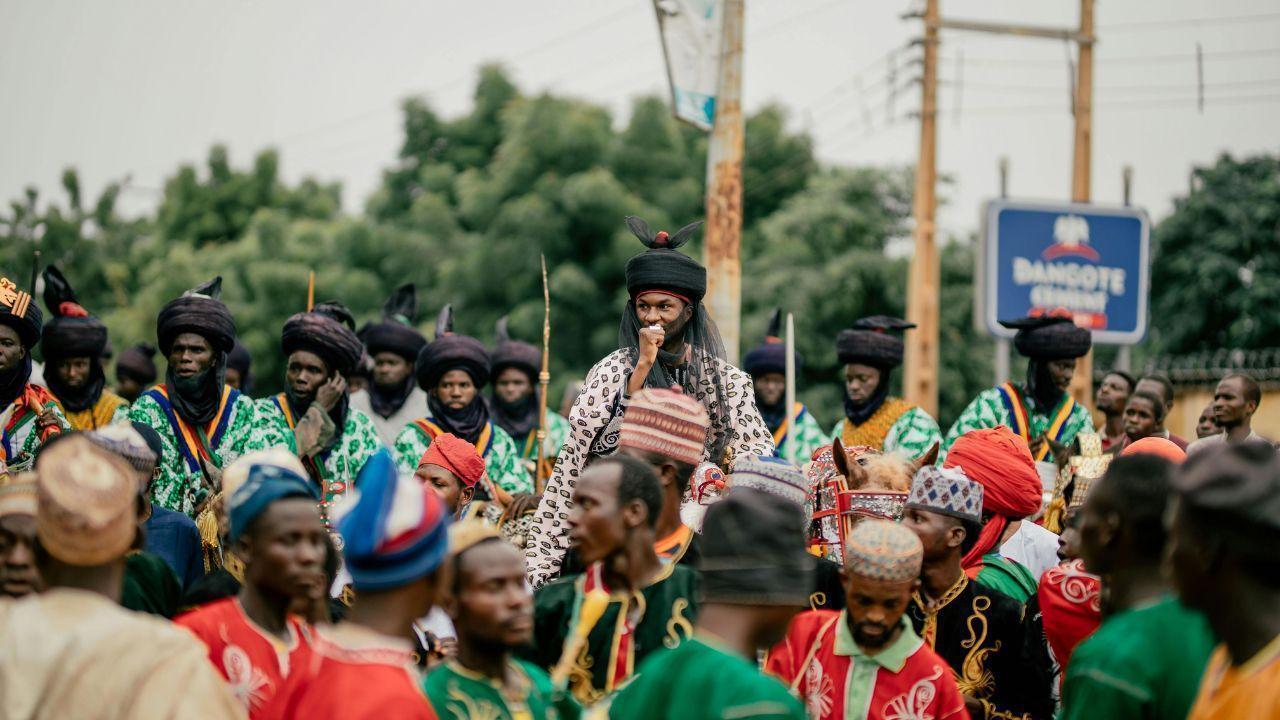



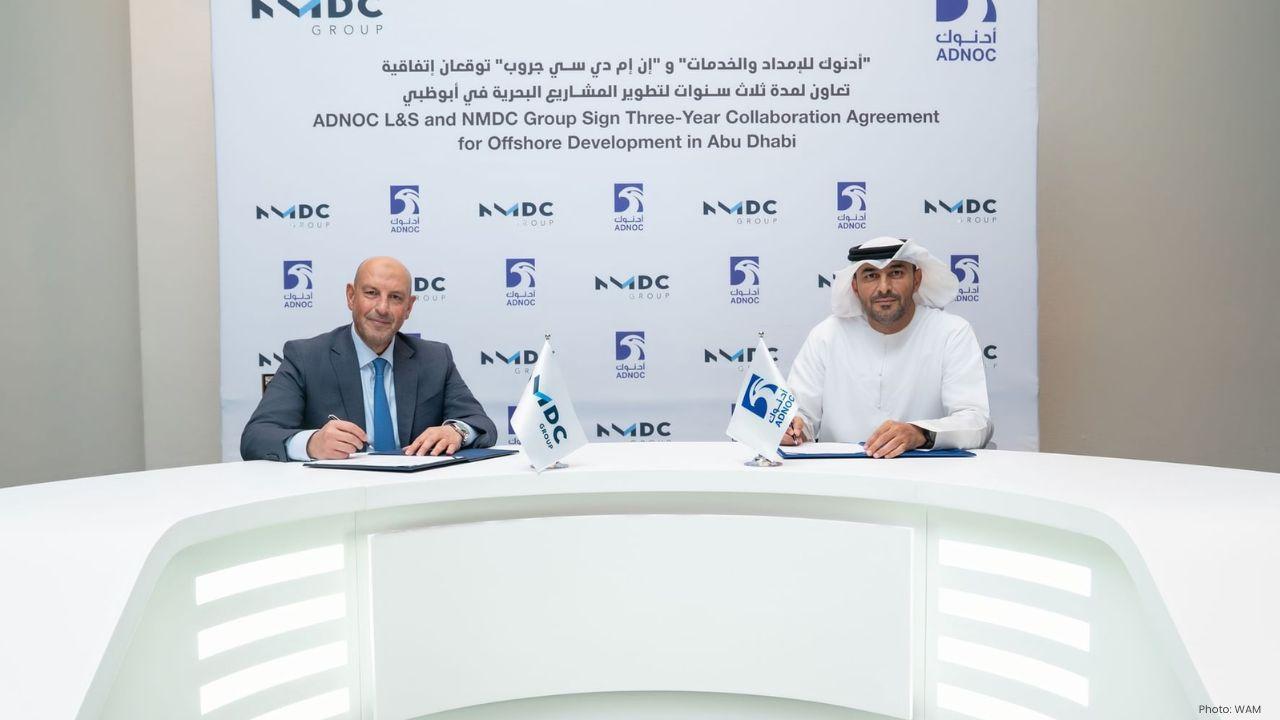
NMDC Group And ADNOC L&S Sign Three-Year Deal For Offshore Work
NMDC Group and ADNOC Logistics & Services sign a three-year deal to deliver maritime services for of
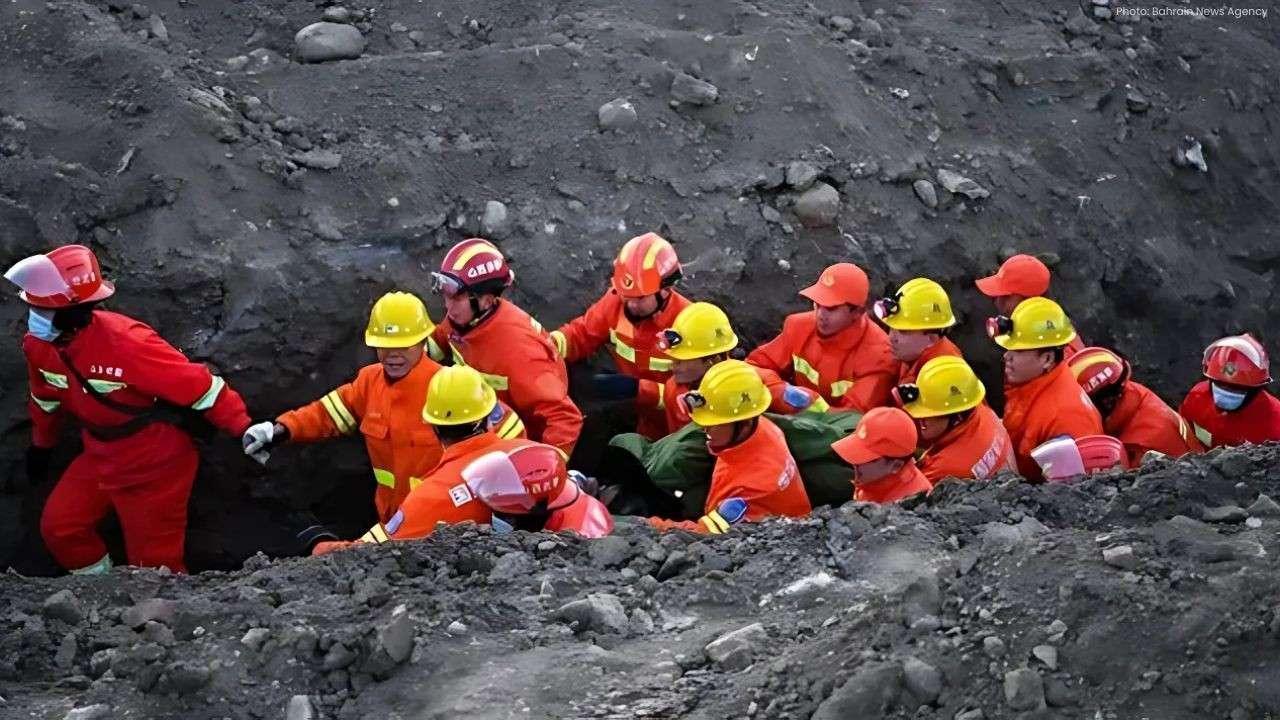
Six Miners Trapped After Earthquake Hits Coal Mine In China
A mining-related earthquake struck a coal mine in Heilongjiang, China, trapping six miners undergrou
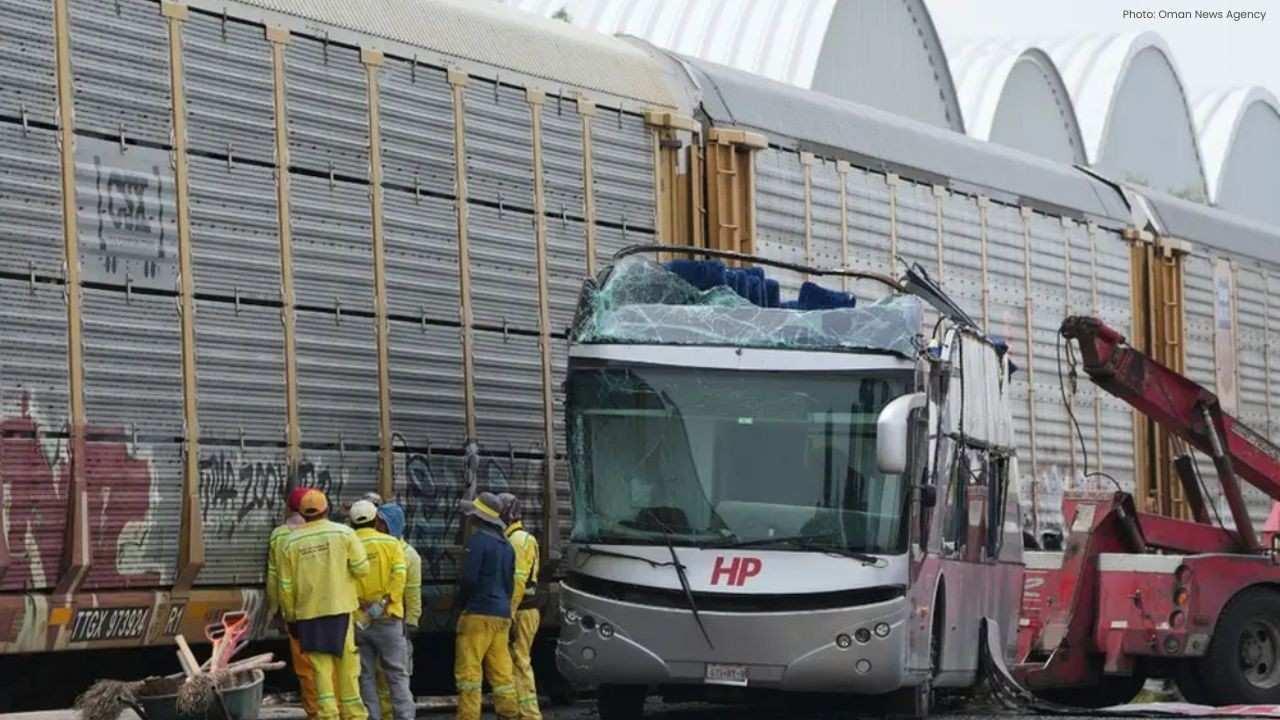
Train Collides With Bus In Mexico Killing 10 And Injuring Many
At least 10 dead and 41 injured after a train hit a bus at a rail crossing in Mexico. Authorities co
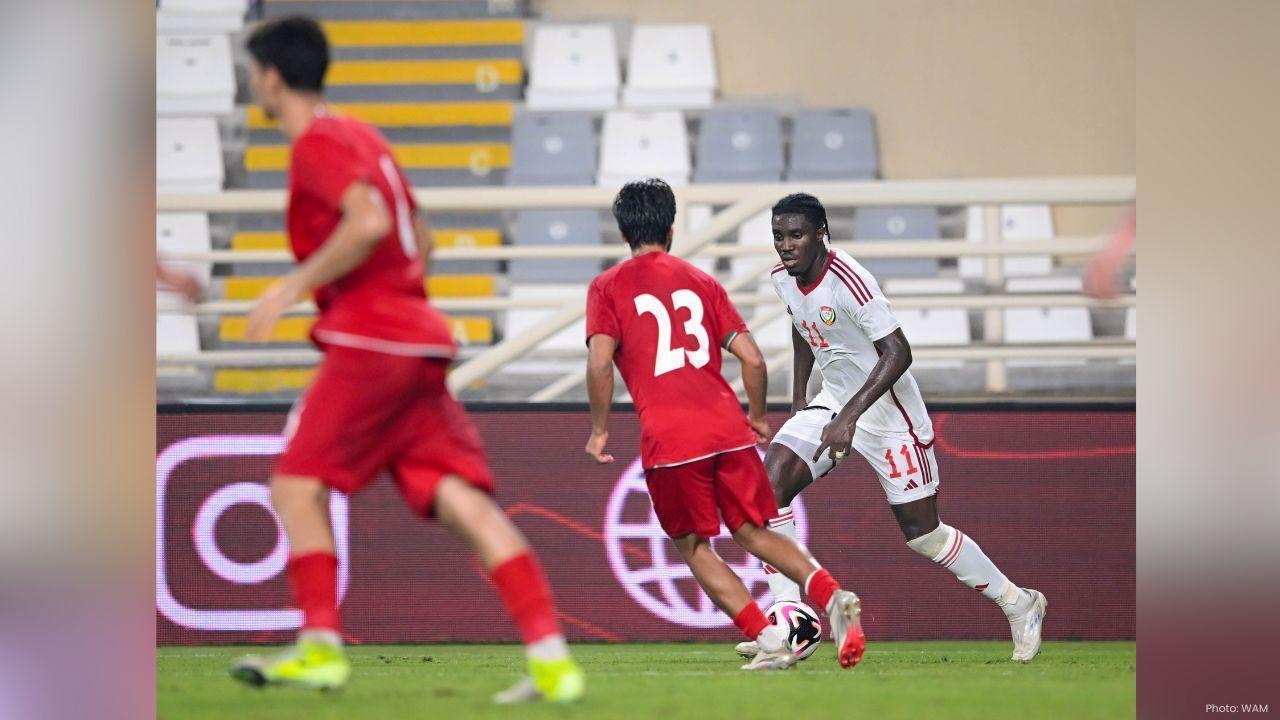
UAE Olympic Football Team Qualifies For AFC U-23 Asian Cup Finals
UAE Olympic football team qualifies for AFC U-23 Asian Cup finals in Saudi Arabia despite 3-2 loss t

Apple Launches iPhone Air With Thinnest Design & Pro Performance
Apple unveils the new iPhone Air, its thinnest model with pro performance, multiple colors, large st

Al Wakrah Wins French Arabian Breeders’ Challenge Sprint Again
Al Wakrah, trained by Jean de Mieulle, wins French Arabian Breeders’ Challenge Sprint in France, mar